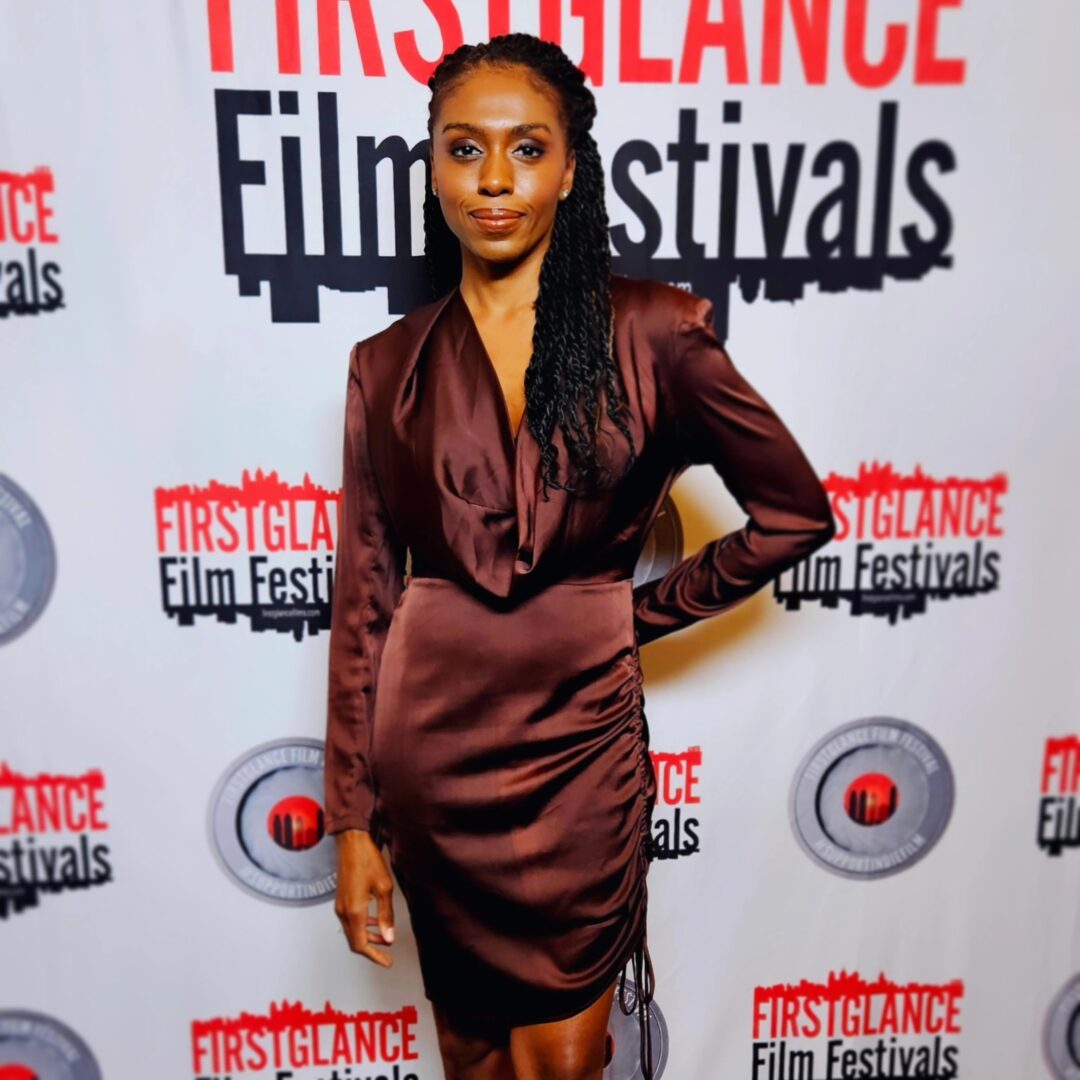We were lucky to catch up with Leilani Rosine recently and have shared our conversation below.
Hi Leilani, so excited to talk about all sorts of important topics with you today. The first one we want to jump into is about being the only one in the room – for some that’s being the only person of color or the only non-native English speaker or the only non-MBA, etc Can you talk to us about how you have managed to be successful even when you were the only one in the room that looked like you?
The first thing I had to do was overcome the fear of being the only one in the room that looked like me. I was always the tall girl for my age, growing up and going to auditions. I stood out, literally, like a sore thumb… but taller than a thumb of course. I was bullied not just for how I looked, but for how I talked. So, it was clear I could either try to make myself shorter, have smaller lips, and sound different; or I could just accept that I was a me, a Leilani. A type of radical self-acceptance took place and my creative family also fostered that. My grandmother and mother, both artists, instilled in me a sense that what I had to offer and express, far outweighed what people might see of me at first glance; and that how I treat someone outweighed it all. So, these notions took over. Also, I grew up in New York City and went to art schools, doing musical theater and plays; so I was always surrounded by people whose focus was on what we had to express as actors, dancers, and singers; and who believed that looking different was just a plus.
However, when I moved away from NY for undergrad, my awareness of being the only Black woman in classes or jobs began to take shape. It wasn’t that I hadn’t experienced it before, but it was that I could now recognize the disappointment on people’s faces in either my being Black, or not delivering on the type of “Blackness” that they may have wanted. What has proved most helpful in these situations is remembering my love for the work I do and my love for collaboration. When I come back to that, I remember that my place in a room where I may be the only one who looks like me, was not given to me based on my merit alone. But it was fought for by people who came before me who had no “place” given to them. And that in their place, in my grandmother’s place, and my ancestors place, I can stand free to be me. Offering what I have at a table with directors and other actors and writers.
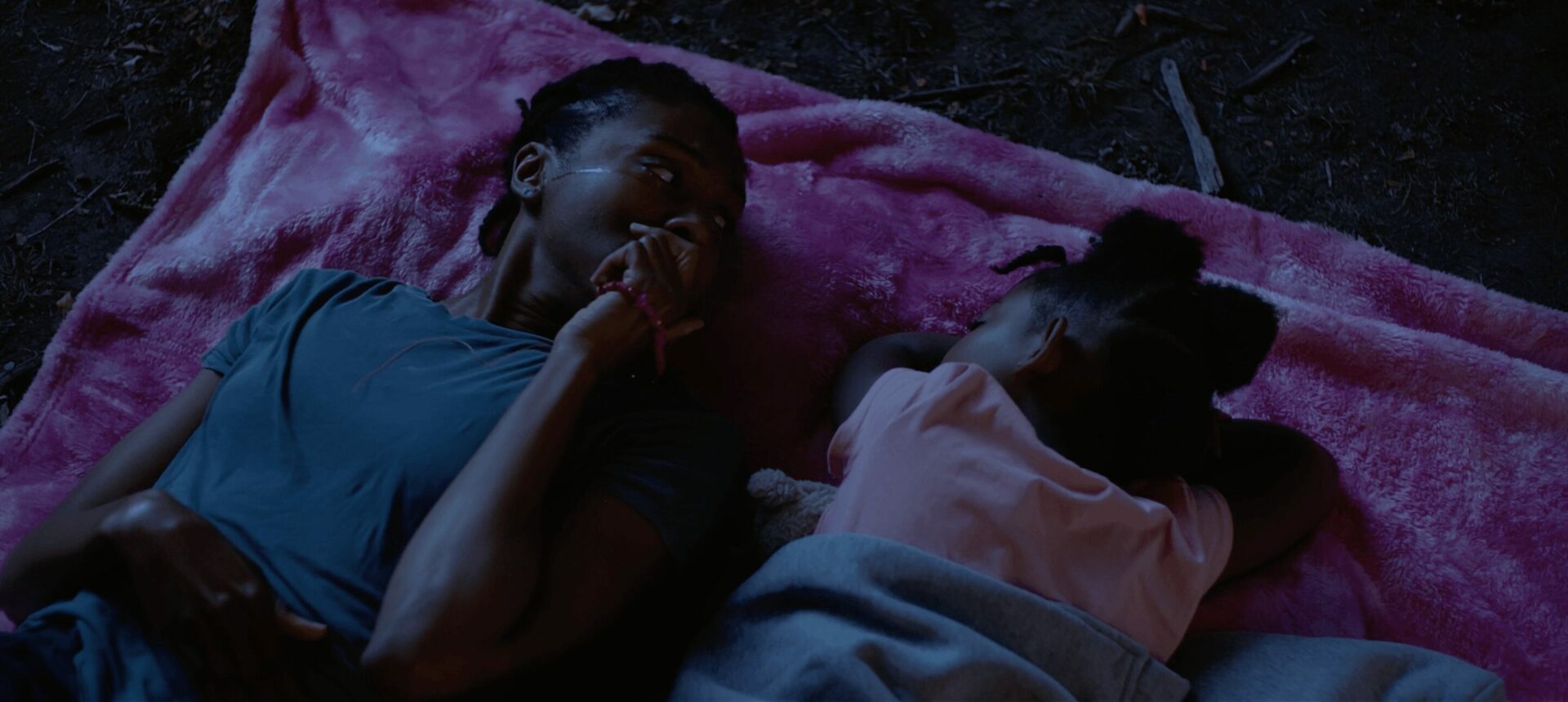
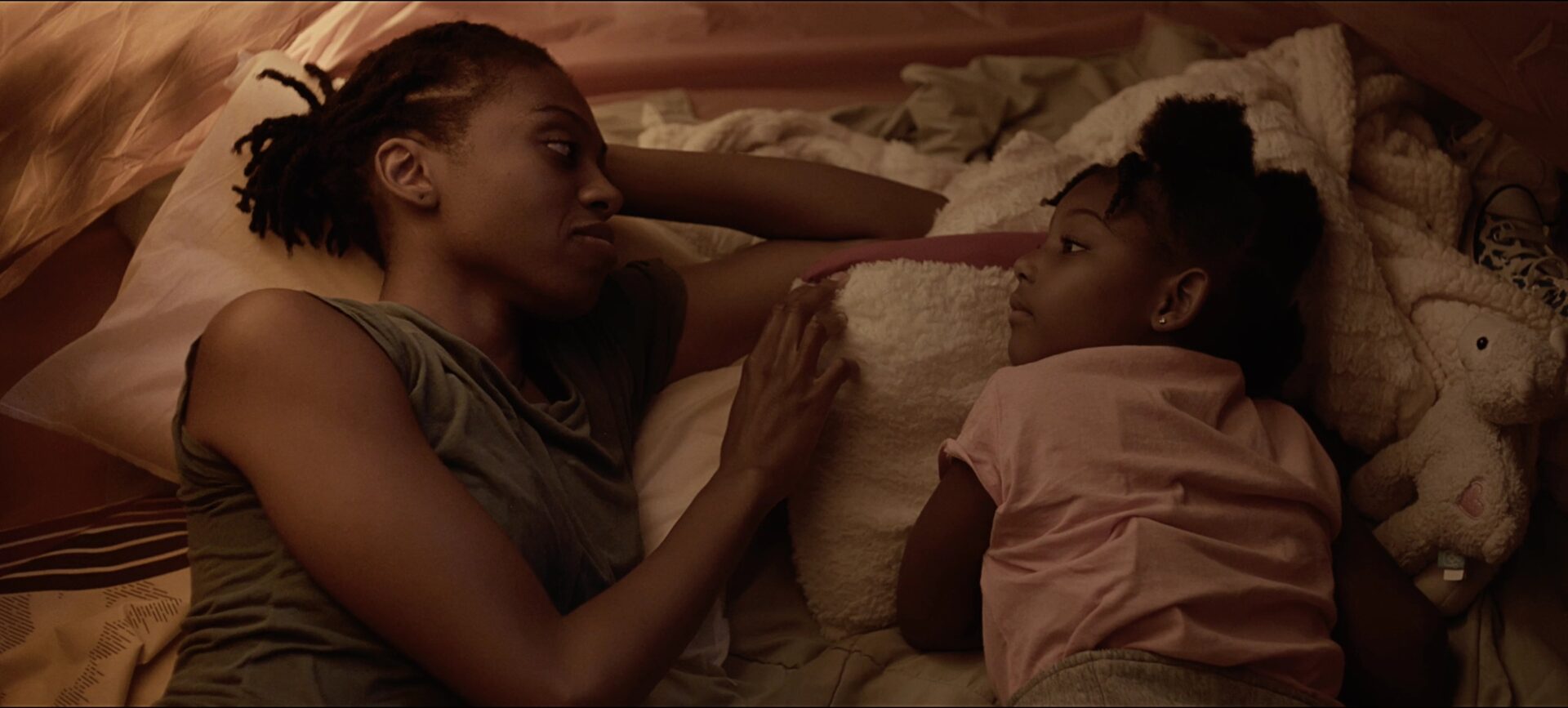
Great, so let’s take a few minutes and cover your story. What should folks know about you and what you do?
I’m an actor from “East New York” Brooklyn, New York. I began working in regional theater (NY, LA, CO, San Francisco) where I really got to train and explore different techniques of the craft, while watching other actors work on stage as well. I’ve also been blessed to work in film and television. What I love most about what I do is the idea that I can embrace someone by becoming them, while bringing myself fully to a role. Our experiences are all connected in some way, and I think as an actor you get to help people relate to others who might not look like them or identify in the same way as they do. But they sit in a theater, or a movie theater, or the comfort of their room in front of a screen and get to be like flies on a wall, watching the human experience. Messy and beautiful. I love getting to be a part of that. Bringing a director or writer’s vision and narrative to life, and all the cool infinite ways there are to do that is honestly my joy. I’m incredibly grateful to be part of season 2 of the series “Shoutout 2 My Therapist” (from director/writer Stefanie Philpott), and the upcoming film “Anything Helps” (from director/writer Aya Bogod).
I’m also a writer and producer. My latest film “What Exists” was honored this year as a semi-finalist for the Dumbo Film Festival; and screened as an official selection at the 2024 New York African Film Festival, the 2024 RSF Martha’s Vineyard African American Film Festival and the 2024 First Glance Film Festival Philadelphia, where it was also nominated for Best Comedy, Best Breakout Performance and the Mela Hudson Award. To say I’m humbled is an understatement. One of the things I find most exciting about filmmaking is the collaborative process. I went from working on the script, in this incubator kind of mode as a writer, to then working in pre-production with our gifted director/ producer Alberta Kallon and Cinematographer Olajawon Monroe, to then working on set alongside my brilliant castmates Careem Joy and David Ladwig as an actor, to finally working as a co-editor with Rachel Washington, collaborating with our composer Bryard Huggins and sound editor Aaron Gibbs. David Ladwig, who is also the tremendous recording artist and musician known as ‘Half Ivory’, also brought his brilliance to the table by writing and recording the special song heard within the film. When he shared it with me I was blown away as it was better than anything I could have ever imagined. No one makes a film alone; you need people. Seeing the beauty of what others bring to the table, learning from them and seeing the community that gets built when making a film is my favorite part. Its sweet like honey. I should also mention I’m a foodie. But I digress.
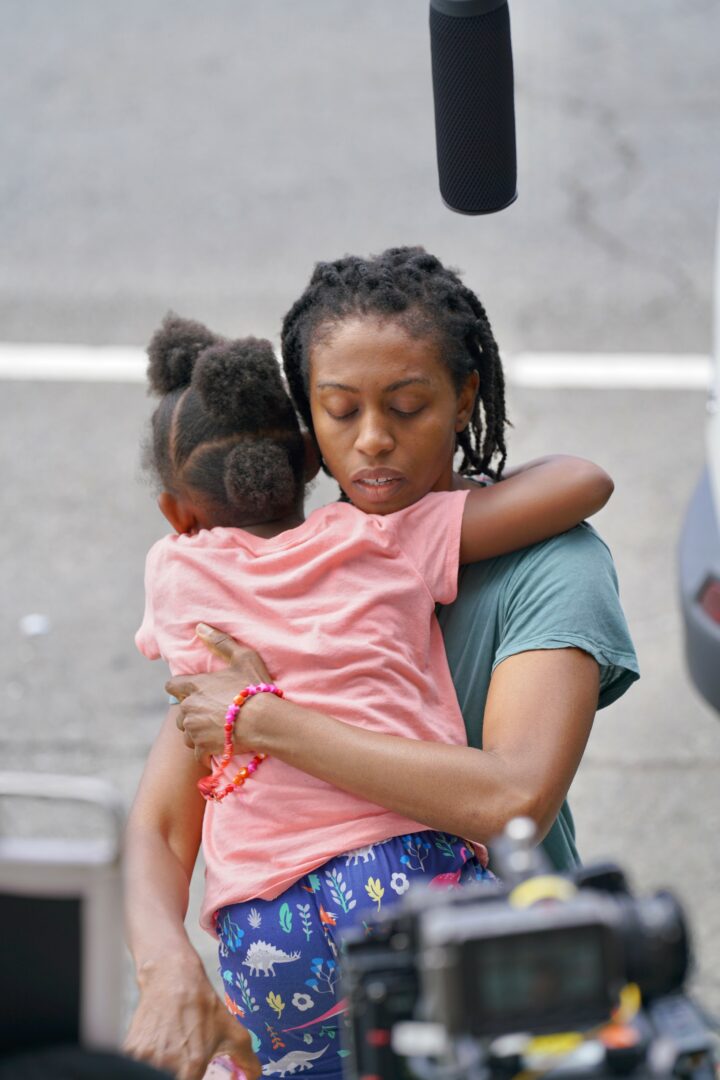
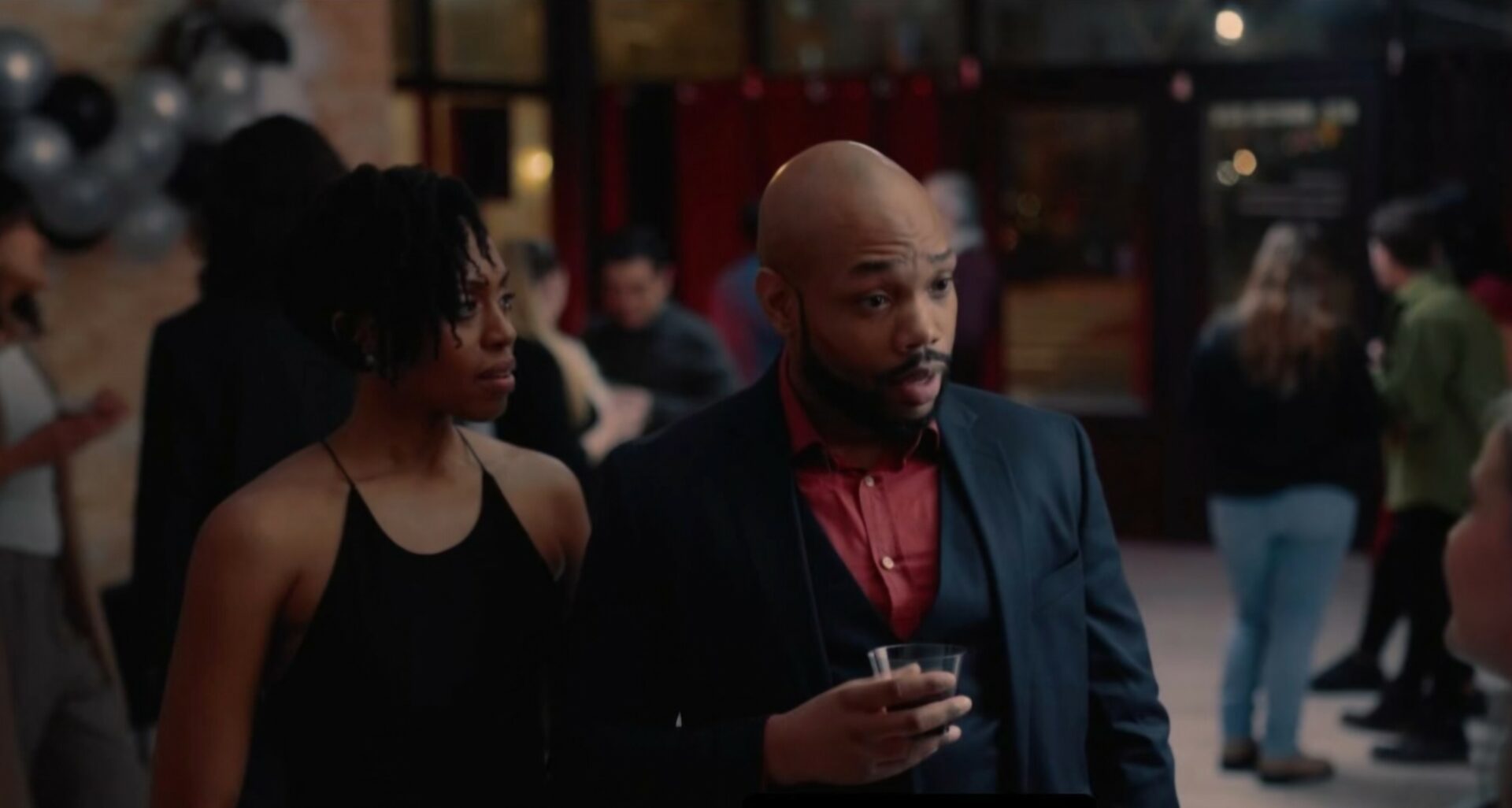
If you had to pick three qualities that are most important to develop, which three would you say matter most?
The first was the idea that when you enter a space, you bring all of who you are with you, with an openness for what you will learn. I felt this when I had the tremendous opportunity to study at Toi Whakaari New Zealand Drama School. It was an opportunity afforded to me through the California Institute of the Arts School of Theater which I was attending. I remember that when I arrived in Wellington for the study abroad program, there was a welcoming ceremony rooted in the Māori culture. As we entered the space, all the students and teachers were on one side of the room while I and the other visiting students had to sit on the opposite side. We each had to sing a song, any song of our choosing, before we crossed over ‘the line’ and could join the others. But we were also told that when we stood up to sing our offering, we would say our name, where we came from and that when we crossed that line, we were bringing with us our cultural heritage, the journeys of our ancestors and the history that we had before that moment. That we were not to be ashamed of where we came from, and that we were to stand boldly before “strangers” with the joy of what we were bringing into the room. I remember singing the song “God is here” by Israel Houghton, and walking to the other side in honor of my grandmother and all our ancestors. It was a very personal and very real experience for me. In many ways it has carried over into my work. Knowing that any person I’m cast as, there’s a chance to bring myself to it as honestly as I can, and yet leave room and respect for the parts of their experience that differ from mine. Being open to what I learn from this person. Theres always a lesson there, even if it’s an artistic one. It’s a notion which in many ways has shaped my art and influenced me as an actor.
The last two are really techniques and skills. The skills I learned as an actor from CalArts, Toi Whakaari, The People’s Improv Theater and HB Studio have all impacted me deeply in terms of just having tools to play with and offer, depending on the project I’m working on. Lastly, the training I went through when I was a dancer, starting at the Dance Theater of Harlem, and going on to study with phenomenal teachers like Carol Lonnie, built up within me an acceptance towards discipline and process. All of these things I greatly appreciate and have been really impactful to me as an actor and filmmaker. For anyone starting out early in their journey, I would say tap into those things that spark your inner fire and joy. Hold it close and notice the specific genres or mediums that spark that fire. Do whatever you can to absorb and learn about it. And then walk into the room loving all of yourself and all that you bring.
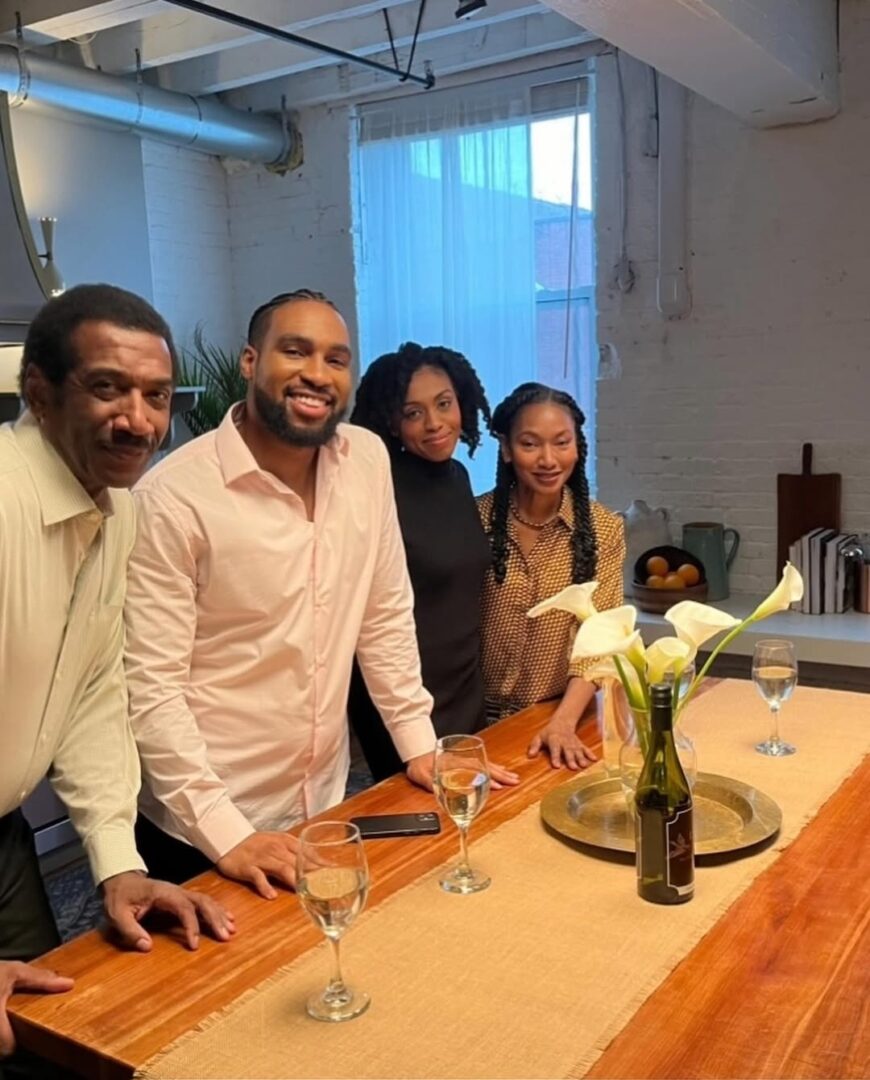
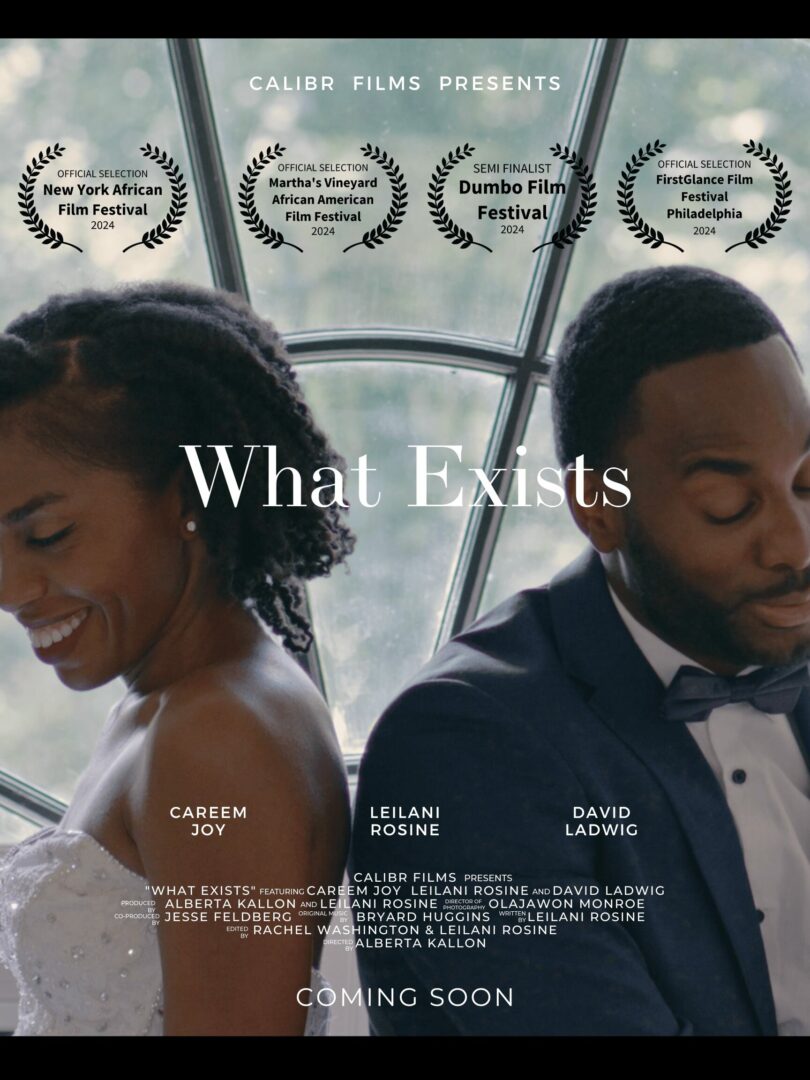
Who has been most helpful in helping you overcome challenges or build and develop the essential skills, qualities or knowledge you needed to be successful?
There are so many people who’ve helped me along the way, but there are 3 who have left an indelible mark. First and foremost, would be my mother, Imani Monroe. She put her career and artistic goals on pause to raise my brother and I, as a single parent for a time. There is so much that she has instilled in me: from my deep love of art, to my faith, to the constant support I have received from her regarding my career as an actor. She has never once told me to give up. And that takes an extraordinarily special type of person to do that. But above all of this I would say my perspective was first influenced by her work as a visual abstract artist. When I was younger, I would ask her about her paintings or collages and she introduced me to the ideas of abstract art, that two people could be looking at the same image and see two or three or four very different things. We would be looking at buildings in downtown Brooklyn and pointing out the face shapes we could see from the stones or bricks they were made of. It was fun. This way of looking at things has helped me overcome many challenges, just by knowing that sometimes the problem you see may already have a resolve hidden within it. It’s also developed my passion for collaboration, knowing that just because I see something one way, it doesn’t negate the beauty or validity of what someone else sees when looking at the same script, film, or play. She is someone who has encouraged and helped me the most, in ways that are too many to count.
Next would be the great Fran Bennett. Not only was she the one who accepted me into the conservatory program, but it was through her that I was able to go through classical training, explore my voice, and study screenwriting through the interdisciplinary programs there. She helped me overcome the financial hurdle that comes with attending school, through a generous scholarship. And on a deeper level, anyone who knew her, saw fearlessness embodied in her 6’2 frame. Her honesty, her formidable talent, her work and her time as my mentor to challenge me and afford me an opportunity to challenge myself, forever changed my life. Before her passing in 2021, she kicked open the door for me and so many others, and for that I am grateful beyond measure.
The last person I’ll mention here is my grandmother, Rosina Tonge. She is the reason why I am a dreamer. She was incredibly beautiful and was a violinist and actress in Harlem. She poured her love of the performing arts into me every time she would hold my hand going to see a movie, or any time she’d let me stand in front of her and sing or tell stories or practice lines. It was all her way of letting me know she believed in me and that nothing was impossible. So, I thank God for these 3 women who’ve helped me build and develop skills to be successful.
Contact Info:
- Website: https://lroselei.wixsite.com/calibr-films
- Instagram: @leilanirosine
- Facebook: https://www.facebook.com/leilanirosine1
- Other: https://lroselei.wixsite.com/whatexiststhefilm
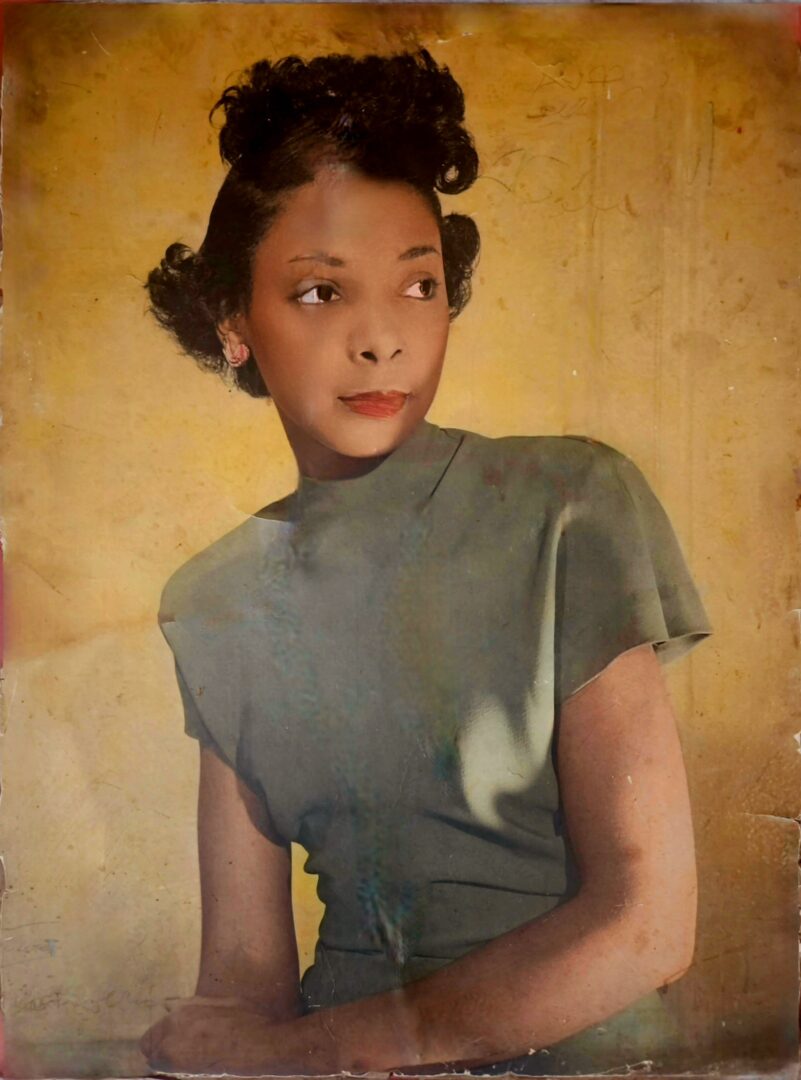
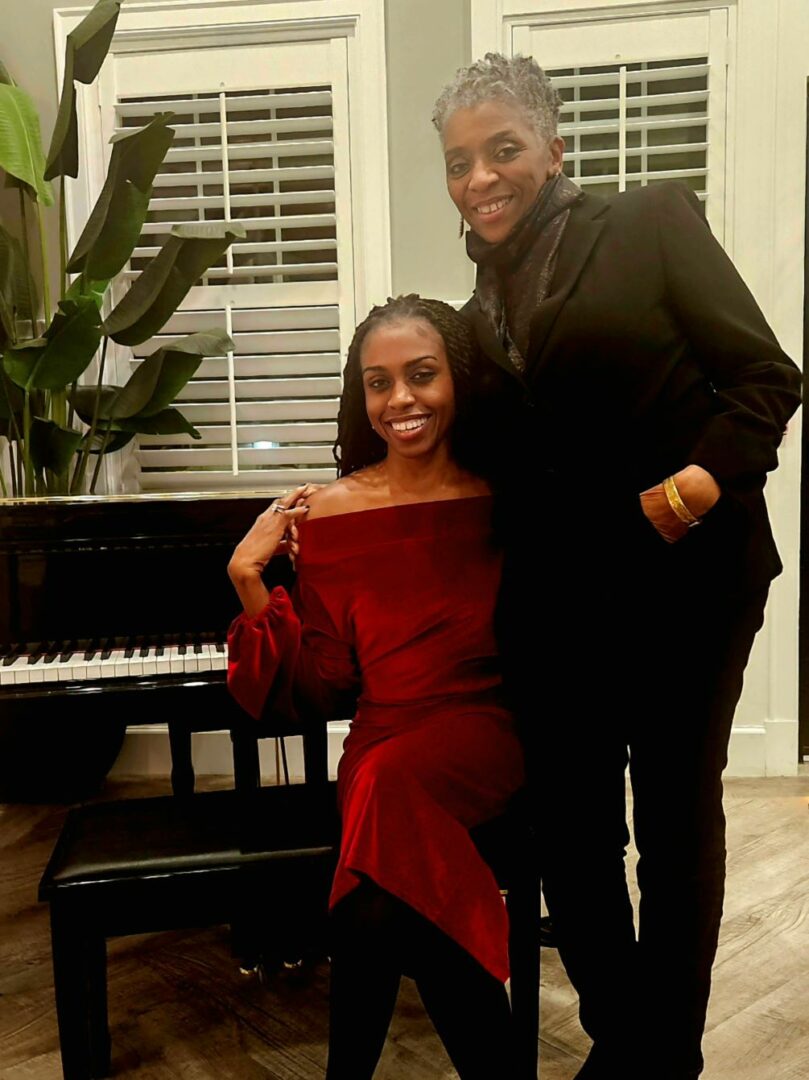
Image Credits
Leilani Rosine and Dominique Turner in Anything Helps; Leilani Rosine and Dominique Turner; Leilani Rosine and Dominique Turner; Leilani Rosine and Kevin R. Best in Shoutout 2 My Therapist; Robert G. McKay, Kyle N. Davy, Leilani Rosine, and Patrice Battey Shoutout 2 My Therapist; Leilani Rosine and Careem Joy; Rosina Tonge in title role of stage production Laura; Leilani Rosine and Imani Monroe
so if you or someone you know deserves recognition please let us know here.

